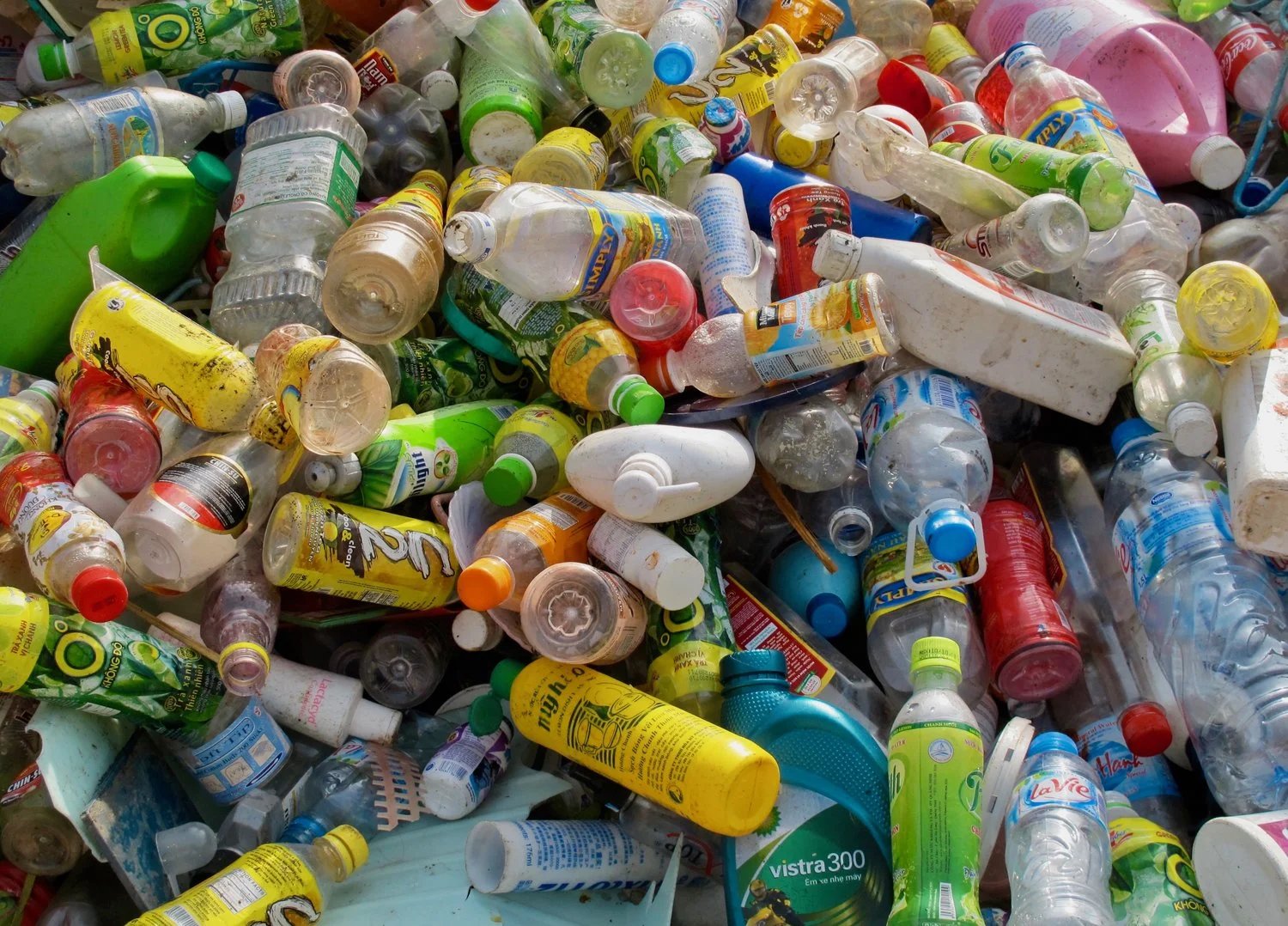Call on Biden Administration to Ratify Basel
BAN is the most steadfast supporter of the UN Basel Convention, which restricts the international hazardous waste trade
Please find BAN's Basel Convention Meeting’s Delegate Alerts, Recent Documents, EU Waste Shipment Regulation Revision Documents and other important related documents to Basel Advocacy in the Wiki here:
Landmark Agreement for Environmental Justice
Basel Action Network (BAN) is named for the United Nations’ Basel Convention, a landmark agreement for environmental justice.
After a slew of toxic trade disasters in the 1970’s and 1980’s, the international community rallied together to reject the free trade of hazardous materials. The United Nations international community created the Basel Convention on the Control of Transboundary Movements of Hazardous Wastes and Their Disposal in 1989.
The treaty requires that all countries first obtain prior informed consent from a receiving country before exporting hazardous waste.
Combating unrestricted toxic trade, the treaty promotes national self-sufficiency in waste management.
Hazardous Waste
The Basel Convention defines electronic waste and end-of-life ships as hazardous waste because of their toxic components, like lead and mercury. If these are exported to less developed countries that lack facilities and regulations, the toxic components can poison people and the planet.
BAN at Basel
Jim Puckett, BAN’s Executive Director, is the only person to have attended every Basel conference meeting since its inception. He is well-regarded as an expert among delegates, policy analysts, and academics.
BAN’s Basel team actively negotiates and advocates for strong policies that protect human and environmental health and promote national self-sufficiency in waste management.
We help delegates sort through hot-button policy issues. We do this by researching, building consensus, networking, clarifying policy issues, and ensuring that policies stay true to the original intentions of the Basel Convention. BAN's work helps empower less developed countries, giving them a voice to prevent toxic dumping in their territories.
BAN's Jim Puckett speaks out for environmental justice at the Basel Convention
Basel Ban Amendment
In 1995, a group of delegates from developing countries, who were disappointed with the lack of meaningful enforcement, created the Ban Amendment.
On December 5, 2019, it came into force after Croatia’s ratification of the Basel Ban Amendment fulfilled the requisite number of countries.
The Ban Amendment completely prohibits the export of hazardous waste from developed to developing countries for any reason for those countries that have ratified it.
Opposition
We fight a powerful opposition with a vested interest in the status quo. Left to these few countries that support unrestrained export, the Basel Convention would be nothing more than a rubber stamp on an ever-growing trend of toxic waste dumping.
Yet thanks to our ongoing advocacy efforts and the dedication of countless delegates, the Basel Convention remains a beacon for environmental justice for one of the most difficult issues facing the world today.
Currently, BAN is negotiating for a policy that would allow export for electronics repair, without creating a loophole that would let any old e-waste slip through.
Other United Nations Advocacy
In addition to Basel Convention advocacy, BAN helps many other international forums.
Recognized for leadership and dedication to toxic trade issues, the United Nations Environment Program (UNEP) regularly invites us to participate as an NGO expert and stakeholder in internal meetings and policy deliberations.
The BAN Basel team has also worked with the Organization of Economic Cooperation and Development (OECD), UNEP Chemicals Program, and UNEP Governing Council.
Of course, we can't do it alone. Learn how you can support BAN's advocacy efforts here.
BAN’s advocacy has been a beacon for global environmental justice that is very much welcomed by the United Nations.
— Achim Steiner, Executive Director, United Nations Environment Programme
Photo (above): Basel Convention Conference of the Parties 10 meeting, Columbia, Oct 2011
For more information on the Basel Convention and BAN’s advocacy, visit our Wiki
Where Does Your Country Stand?
Find out if your country has ratified the Basel Convention and Ban Amendment on our Wiki.







